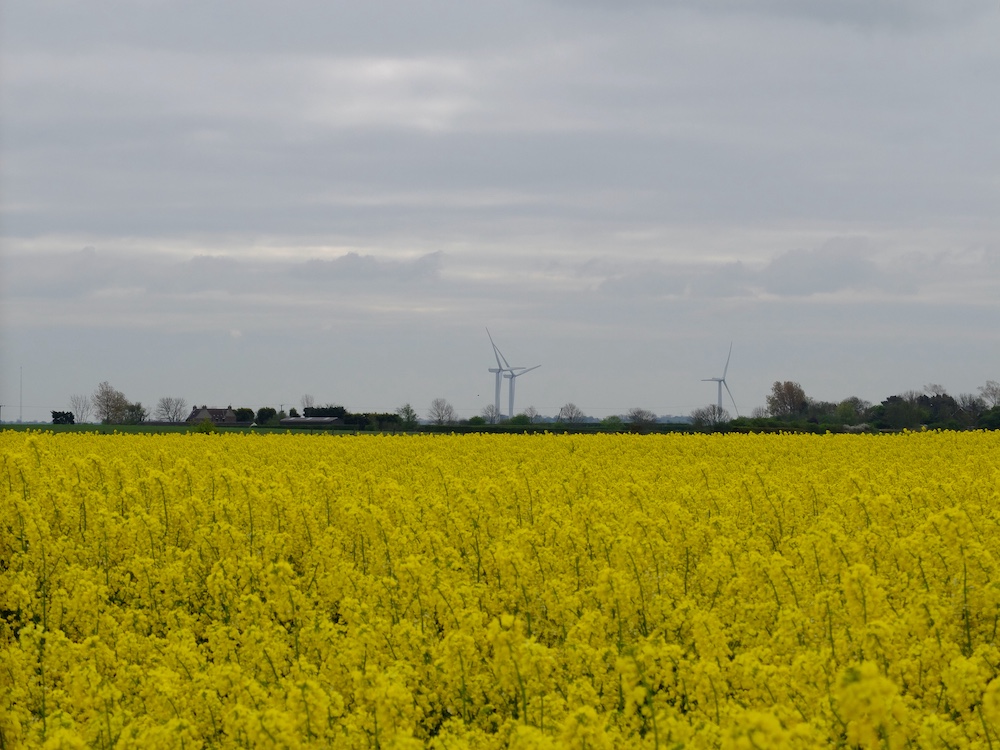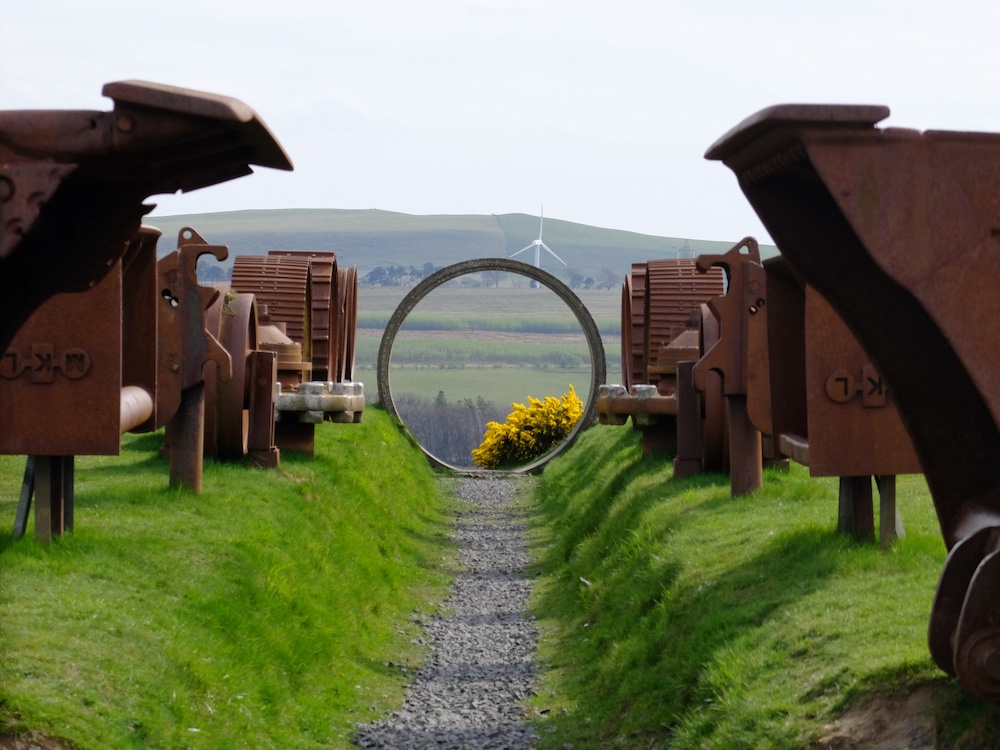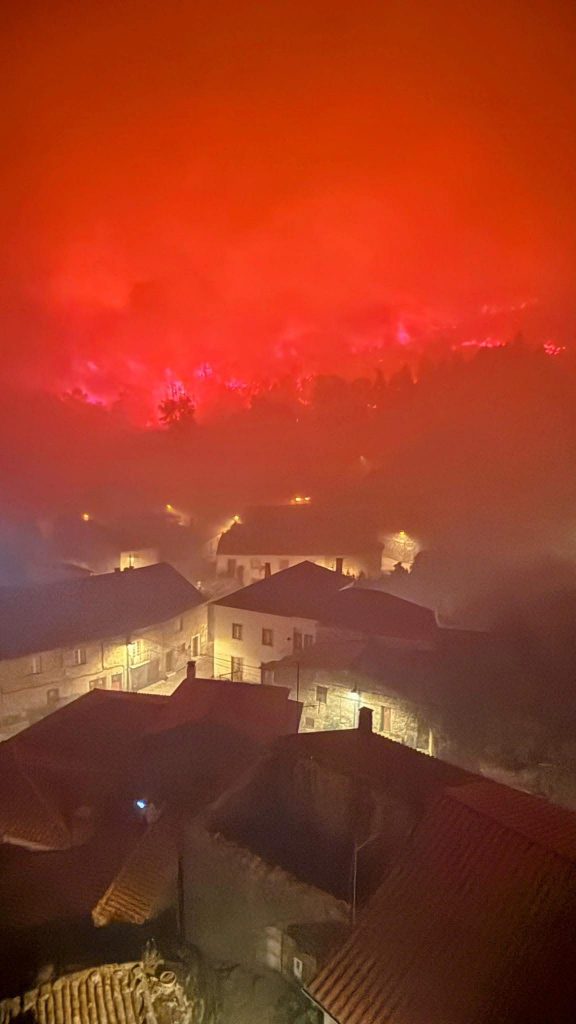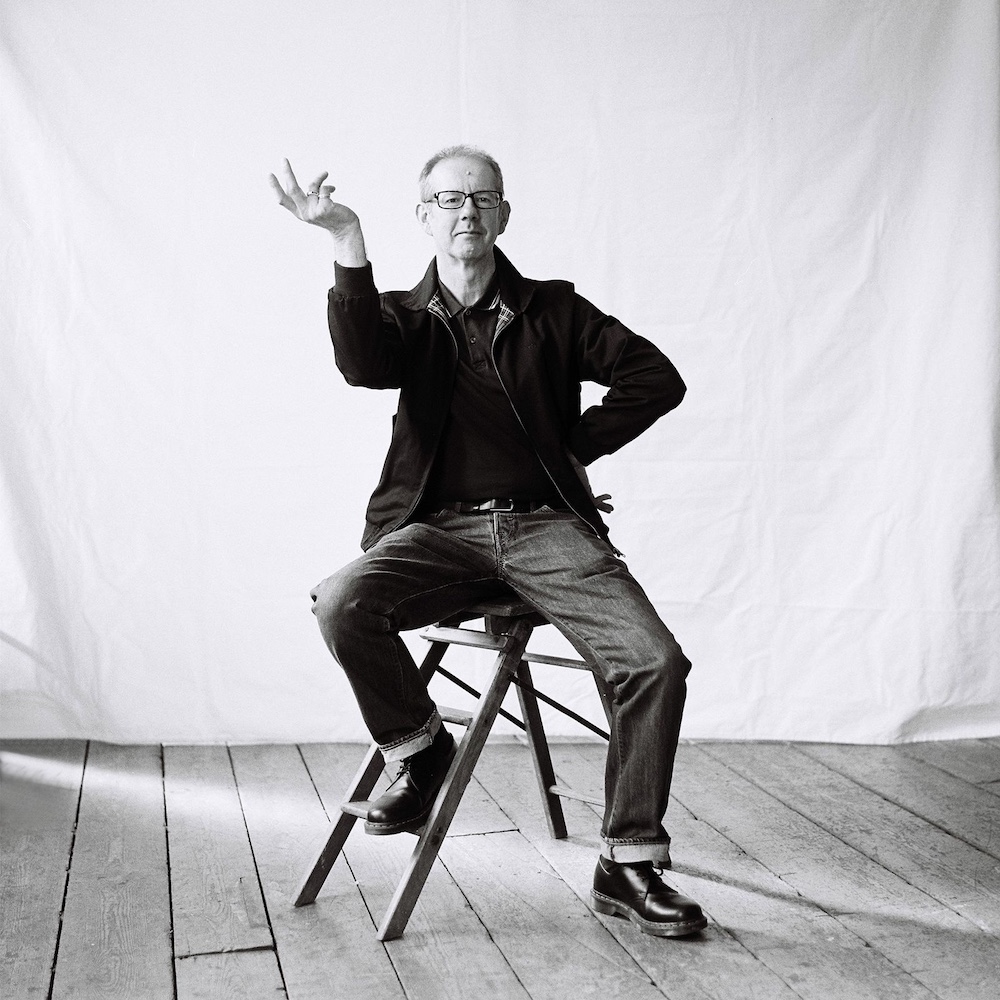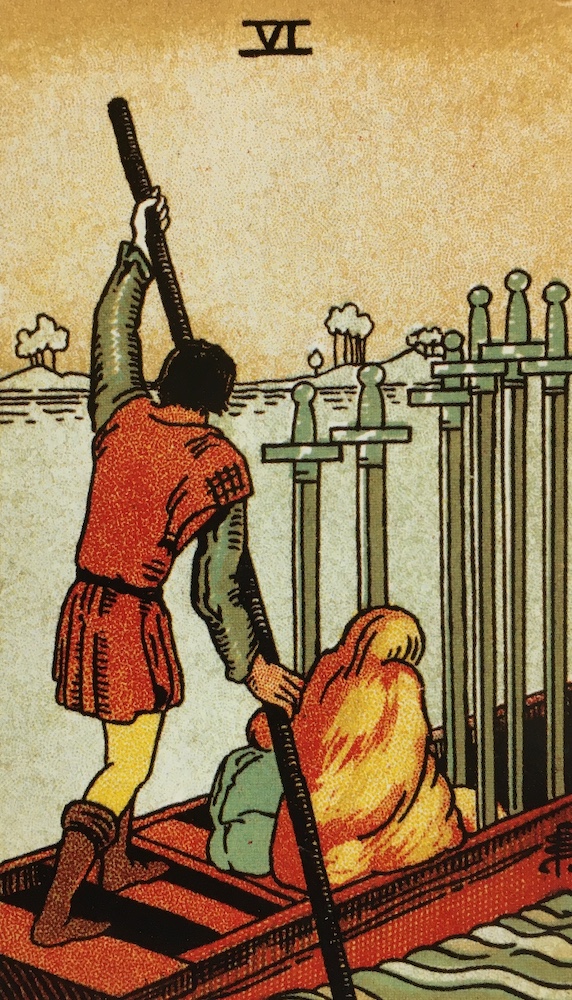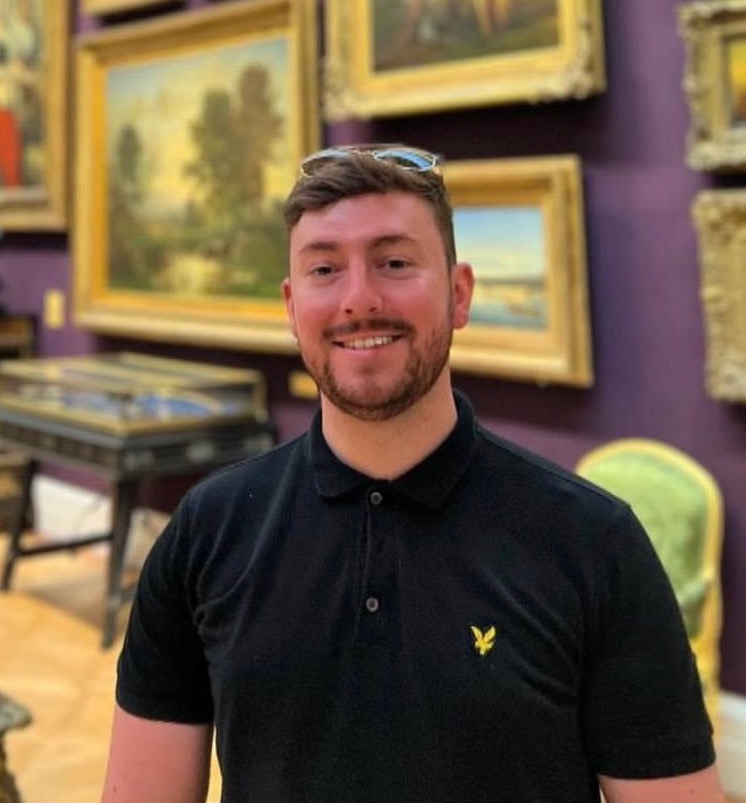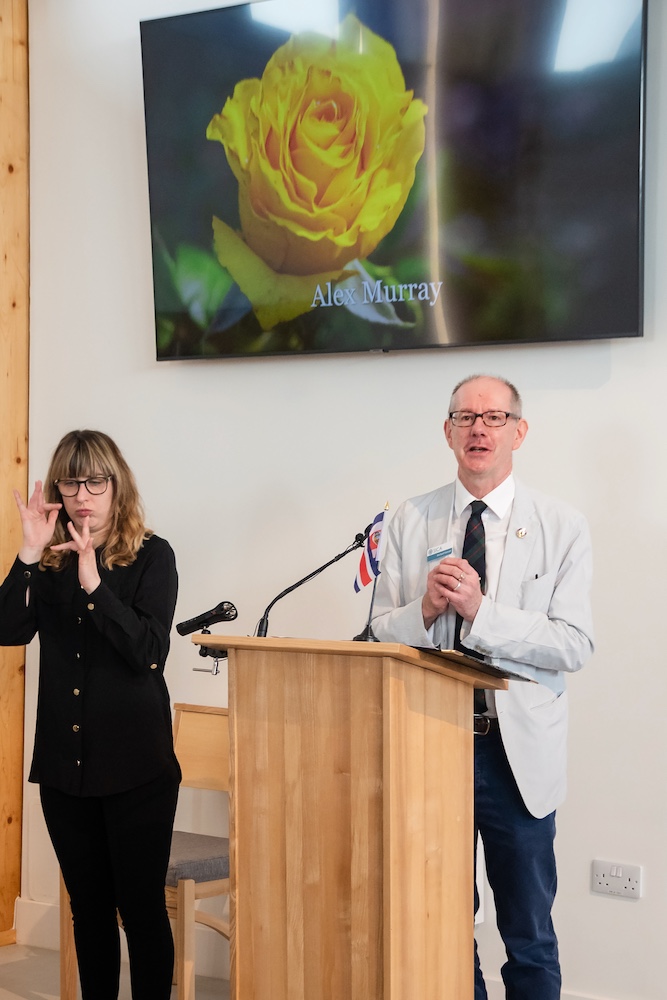Silent Spring by Rachel Carson was published in 1962. It was one of the most significant books of its time and it helped launch the environmental movement. I was very young when it first appeared but I did grow up in the 60s and 70s and I do remember the almost apocalyptic feeling of dread at what was happening to the natural world at that time.
I’m currently working on organizing climate and eco grief circles so I thought I would read the book. Does it still have a message for today’s environmental struggles and activists?
It’s a powerful read. Carson trained and worked as a scientist but she was also a fine writer and she succeeded in marshalling substantial and complex evidence and data, yet at the same time making it accessible to a wide audience. Her key theme was the indiscriminate use of chemicals during the post-war period, mainly in agriculture and forestry, and principally in the USA. These chemicals were designed to kill pests and weeds and maximize crop yields.
What struck me most forcefully in reading the accounts of one disaster after another was the sheer toxicity of the chemicals used. Today we quite understandably worry about the insidious nature of environmental pollution. How tiny amounts can accumulate over time in our bodies. And this certainly was happening back in the 50s as well. But the effects of crop spraying could be almost immediate. A plane would fly over, spraying the fields (and residential areas, towns, lakes, rivers – it was often “blanket” spraying of entire areas) and within hours, people would find their yards full of dead and dying birds. The chemicals killed the target insects…. and everything else, even pets and livestock. And since they killed all the things that ate the insects, sooner or later the pests would return, often in greater numbers than before.
Lots of people, ordinary people as well as scientists, were aware of these disasters. But Carson’s book seems to have acted as a channel or a catalyst for action. Much of the protest and action against pollution, as well as the legislation that was enacted to limit or ban the use of these chemical, stemmed from Carson’s book.
Reading it after all these years triggered a lot of thoughts. Memories of growing up in an industrial landscape scarred by mining and heavy industry. Becoming aware of the natural world – and of the threats that it faced from pollution. The struggle of the young environmental movement against well funded business interests. The slow but real progress that was made in banning the most toxic of the chemicals and of indiscriminate spraying.
But there was also a sense of weariness as we see today the same struggles having to be made. Legislation and norms to protect people are being rolled back.
And I was deeply struck by the Afterword in my edition. Written in 1998 by Linda Lear, it details how fiercely Carson was attacked at the time. The chemical lobby threatened to sue to prevent publication. They financed an expensive PR campaign to discredit Carson. It will come as no surprise that her gender was a focus for attack, she was, after all, a “hysterical woman”. One critic wrote that: “Silent Spring … kept reminding me of trying to win an argument with a woman. It cannot be done.” I suppose that’s a sort of compliment, though hardly intended as such. Tellingly, Carson was a “fanatic defender of the cult of the balance of nature” and (of course) she kept cats…. Some things, it seems, never change.
But despite those attacks, this important book did change minds and did usher in a new awareness and a willingness to act, even at the highest political levels. Things may look pretty bleak at the moment but I like to hope that the ultimate message of this book is that the hard difficult truth can, when presented with eloquent passion, change the world.
